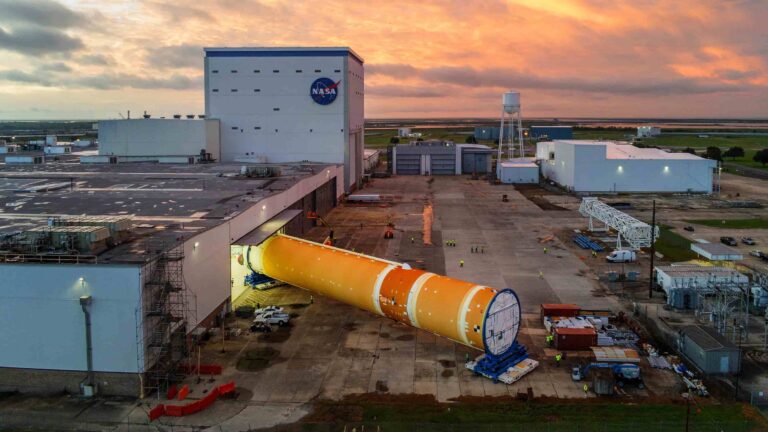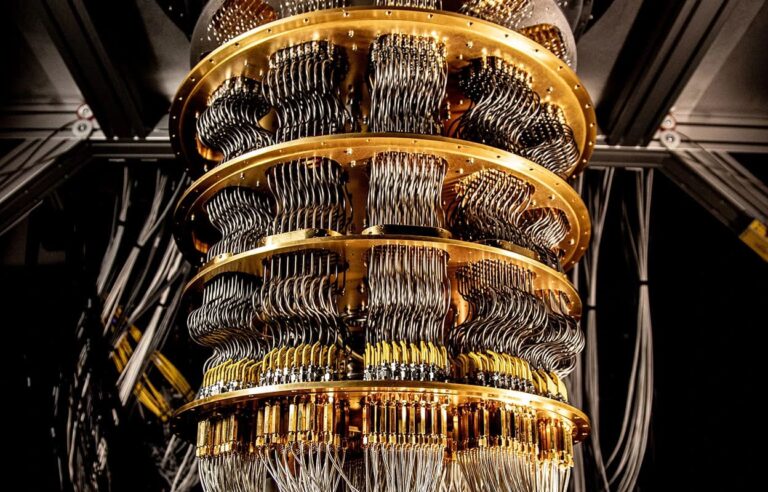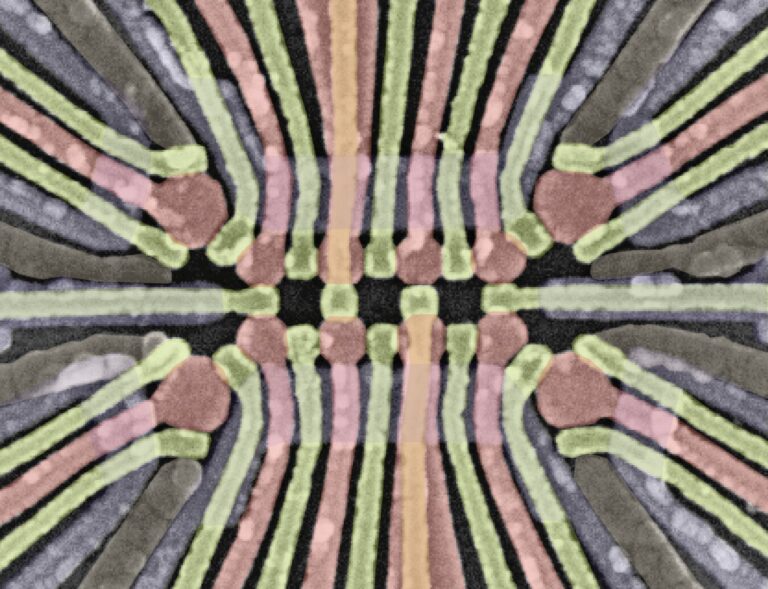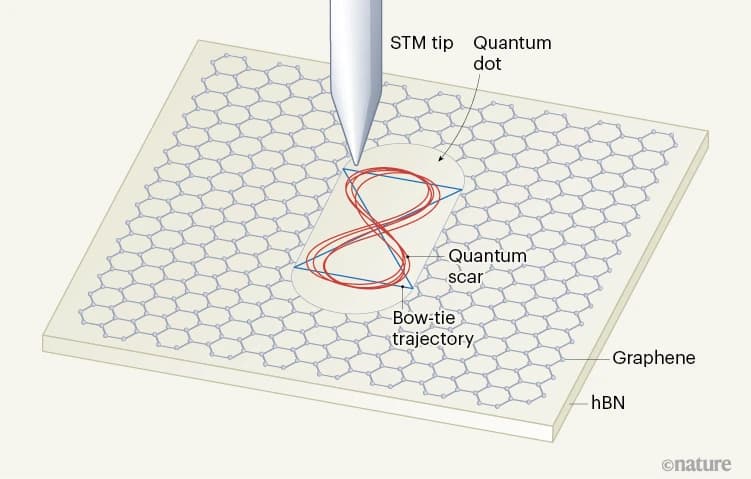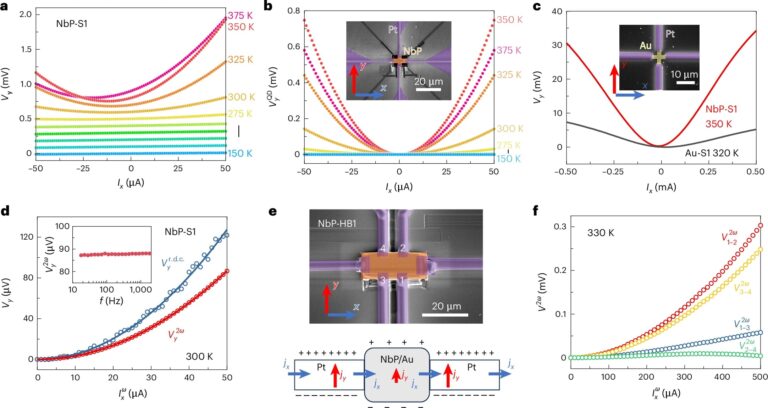British Physicist Mark Thomson Appointed Next Leader of CERN: Facing Challenges and a New Vision for the Future
Renowned British particle physicist Mark Thomson has been appointed as the next Director General of CERN, the European particle-physics laboratory near Geneva, Switzerland. Set to take on this prestigious role in 2025, Thomson will lead CERN into a future filled with both scientific potential and significant challenges.
Political and Strategic Hurdles for CERN’s New Leader
One of Thomson’s primary challenges will be navigating an uncertain political landscape. In response to the ongoing war in Ukraine, CERN recently severed government-level ties with Russia, adding to the complexities of international collaboration. Moreover, the future of the ambitious Future Circular Collider (FCC) project—a proposed 90-kilometer tunnel designed to host flagship experiments for decades—is also under scrutiny. This large-scale initiative faces resistance, particularly from Germany, CERN’s largest financial contributor, which raised concerns over its costs earlier this year. Additionally, China has plans for a similar collider, potentially intensifying the race in particle physics.
The Future Circular Collider (FCC) Project: A Costly Endeavor in a Competitive Field
At an estimated $17 billion, the FCC project is CERN’s most ambitious and costly proposal to date. It aims to keep CERN at the forefront of particle physics research; however, the project’s financial demands and the potential for competitive projects globally, such as in China, make its future uncertain.
Thomson’s Long History with CERN and Particle Physics
Thomson is no stranger to CERN. During the 1990s, he was involved in a key experiment at the laboratory, and in 2012, he contributed to the groundbreaking discovery of the Higgs boson at CERN’s Large Hadron Collider (LHC), the world’s most powerful particle accelerator. Currently, Thomson serves as chair of the UK’s Science and Technology Facilities Council and represents the United Kingdom on the CERN Council, which oversees the laboratory’s operations on behalf of its member states. Thomson’s deep ties with CERN and experience in particle physics will be invaluable as he takes over leadership from Fabiola Gianotti, whose second five-year term concludes at the end of 2025.
Maintaining Continuity and Progress at CERN
In a press conference on November 7, both Gianotti and Thomson highlighted the importance of continuity in CERN’s mission, particularly in relation to the ongoing €1.5 billion upgrade of the 27-kilometer LHC. Thomson expressed his alignment with Gianotti’s vision for CERN’s future, including her commitment to advancing the FCC project. “I am very much aligned with the vision of the current DG,” Thomson assured reporters, indicating his support for the FCC while recognizing the need for transparent decision-making.
Strong Support from CERN Leadership for Thomson’s Vision
Ursula Bassler, a former CERN Council president and a particle physicist at École Polytechnique in Paris, expressed optimism about Thomson’s appointment. “He is a person who values what the FCC can bring to CERN, but who is also aware of the reservations some people might have,” Bassler remarked. She believes Thomson’s approach will foster transparency as CERN weighs its next steps.
A Historic Appointment for British Science Leadership
Thomson will be the first UK-based physicist to lead CERN since the 1990s, marking a historic appointment. In addition to his work with the LHC, Thomson has served as a co-leader and spokesperson for the Deep Underground Neutrino Experiment, currently under construction in Illinois and South Dakota. His extensive experience and commitment to groundbreaking research underscore his readiness to guide CERN toward a future defined by scientific discovery and global collaboration.


